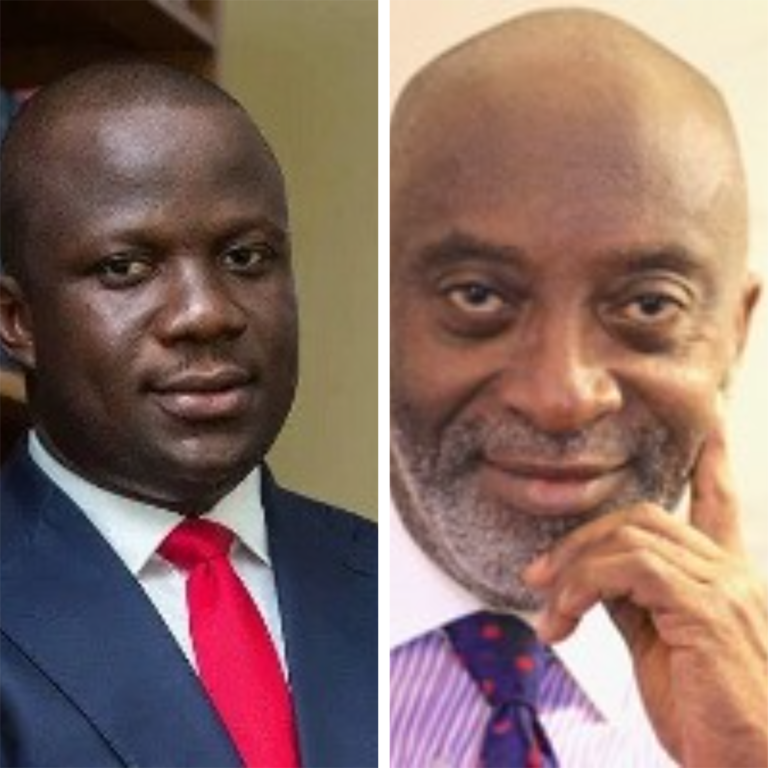As a student of Government at the ‘O’ and ‘A’ levels and Public Administration at the university, one of the interesting concepts I learnt is, Separation of Powers (SoP) and its associated Checks and Balances (CaB).
I was made to understand that ‘Separation of Powers’ was coined by Charles-Louis de Secondat baron de La Brède et de Montesquieu, an 18th century French social and political philosopher.
Monsieur Montesquieu explained the concept as, the division of government responsibilities into distinct branches to limit any one branch from exercising the core functions of another.
I was also told about the three arms of Government, namely; Legislature, Executive and Judiciary. Some literature add the media as the fourth estate of the realm.
The rationale behind a system of SoP is, therefore, to prevent the concentration of power by providing for Checks and Balances. CaB is, thus, to ensure that no one branch of government would become too powerful.
Consequently, in Ghana for instance, the Legislature (Parliament, headed by Speaker A.S.K Bagbin) makes laws out of bills submitted by the Executive (headed by President Akufo-Addo) and the Judiciary (headed by Kwasi Annin Yeboah) has the power to declare such laws as unconstitutional, if they find it so.
As a member of the fourth estate, I have the mandate per Article 162 (5) of the 1992 Constitution, to hold all three accountable to you my reader. How about that? Article 162 (5) states that, “all agencies of the mass media shall, at all times, be free to uphold the principles, provisions and objectives of this Constitution, and shall uphold the responsibility and accountability of the Government to the people of Ghana.”
A unique feature of Ghana’s government, though is the fusion of powers. That is the fact that some members of the Legislature (MPs) are members of the Executive (Ministers of State).
In my opinion, this negates the advantages in the principle of SoP and completely frustrates any efforts at CaB.
The Appiatse Regulator
Having worked in Ghana’s public sector for 13 years, in addition to the aforementioned academic allusions, I can state without equivocation that the concept of SoP and CaB are nonetheless, very integral in the workings of the Executive on its own.
For example, Article 190 of the 1992 Constitution describes the Public Services as comprising numerous agencies of the Executive. Among the Public Services are the Health Service, Police Service, Education Service and the Civil Service etc.
Under this arrangement, it is clear that while every Civil Servant is a Public Servant, not every Public Servant is a Civil Servant. Civil Servants include members of the government, members of various government’s departments and members of embassies and consulates.
Besides the Constitution, the Public Services Commission derives its mandate from Act (No. 482 of 1994) and the Civil Service, from PNDCL 327, 1993.
There are also the regulatory institutions such as the Commissions, Boards and Authorities which have been established by Acts of Parliament. The Food and Drugs Authority and the Minerals Commission are examples.
To put matters into perspective, I worked with the Nursing and Midwifery Council of Ghana (N&MC). This is an agency of the Ministry of Health. Indeed, the N&MC is mandated under Part three of the Health Professions Regulatory Bodies Act, 2013, Act 857 to secure in the public interest, the highest standards of training and practice of nursing and midwifery in Ghana.
While the Ministry of Health is a Civil Service organisation responsible for policy formulation, the N&MC is a Public Service institution responsible for regulating the training and practice of nurses and midwives. As agents of the Executive, the two organisations work in tandem, with the Ministry exercising political direction.
Similarly, the Ministry of Lands and Natural Resources is a Civil Service organisation per PNDCL 327, 1993, whereas the Minerals Commission is a Public Service institution as mandated by Minerals Commission (MC) Act, 1993 (Act 450), to be responsible for the regulation of mining and mining activities.
At the ‘O’ level, we were made to understand that when the need arises to compare concepts and subjects, your best bet is to present them in a tabular form. Here we go.
| Ministry of Lands and Natural Resources | Minerals Commission |
| Established under Section 11 of the Civil Service Law, 1993 (PNDCL 327), and is mandated to ensure the SUSTAINABLE MANAGEMENT AND UTILIZATION of the nation’s lands, forests and wildlife resources as well as the efficient management of the mineral resources for socio-economic growth and development. | Established under the Minerals Commission Law (PNDCL.154). It is the Government agency with the primary responsibility of developing and coordinating mineral sector policies and monitoring their IMPLEMENTATION. With the promulgation of the 1992 Constitution, the Parliament of Ghana enacted the Minerals Commission Act, 1993 (Act 450) to give continued legal backing to the existence of the Commission. The Commission is responsible for the REGULATION and management of the utilizationof the mineral resources of Ghana and the co-ordination of the policies in relation to them. |
I worked under the ‘Ministerial-ships’ of Ministers of both NPP and NDC administrations. Honourables Kwaku Afriyie, Courage Quashigah, Richard Anane, Sherry Ayitey, Alex Segbefia, A.S.K Bagbin and Kumbuor never gave me any indication that they were “the regulator” of the sector.



